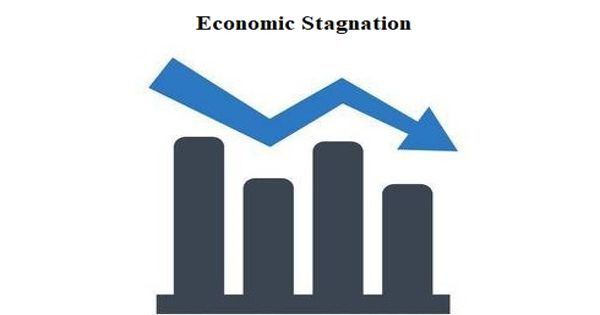The UK’s exit from the EU has caused more turbulence at UK borders for logistics companies. There have been calls for automated digital borders as a result, but there aren’t many of them.
Researchers from Surrey have now found that a blockchain-based platform can increase the effectiveness of the supply chain and the growth of confidence at our borders.
A record of transactions involving bitcoin or another cryptocurrency is kept on a network of computers called a peer-to-peer ledger known as a blockchain.
The blockchain-based platform under study in this instance is referred to as an RFIT platform; it is a pilot blockchain implementation system that connects data and guarantees its integrity. The end-to-end visibility of immutable data contributes to the development of trust among supplier partners.
Professor of Digital Transformation at the University of Surrey and co-author of the study, Glenn Parry, said:
“Since the UK’s withdrawal from the EU Customs Union, businesses have faced increased paperwork, border delays and higher costs. A digitally managed border system that identifies trusted shipments appears an obvious solution, but we needed to define what trust actually means and how a digital system can help.”
“Supply chain participants have long recognised the importance of trust in business relationships. Trust is the primary reason companies cite when supply chain relationships break down, which is especially true at customs borders. Current supply chain friction at UK borders is replicated across the world. Delay is caused by a lack of trust in goods flows, and hence a need to inspect.”
The broader findings from the case study are influencing the UK Government on how to address the current challenges with supply chains at UK customs borders. We hope our work will also influence the Government’s current focus on trust ecosystems, as part of the single trade window (STW) initiative. We truly believe that the use of this innovative digital technology will form the Government’s first step in developing a utility trade platform, encouraging broader digitisation of our borders.
Mike Brookbanks
The introduction of this platform, according to Surrey scholars, does not eliminate the requirement for trust and trust-building procedures in pre-existing buyer-supplier interactions. It’s critical that suppliers of blockchain platforms keep cultivating a relationship of trust with all users.
Researchers discovered that the RFIT platform can use a blockchain layer to use the import of wine from Australia to the UK to make documents unalterable. The technology makes it easier to establish confidence throughout the supply chain by giving users access to a single source of verified data and raising visibility.
Accuracy, punctuality, and integrity are all improved when there is less data asymmetries between providers and border agents. The UK Government is aiming to become a technological leader in lowering friction in cross-border supply chains through its 2025 UK Border Strategy.
Visiting Fellow at Surrey and co-author of the study, Mike Brookbanks, said:
“The broader findings from the case study are influencing the UK Government on how to address the current challenges with supply chains at UK customs borders. We hope our work will also influence the Government’s current focus on trust ecosystems, as part of the single trade window (STW) initiative. We truly believe that the use of this innovative digital technology will form the Government’s first step in developing a utility trade platform, encouraging broader digitisation of our borders.”
















